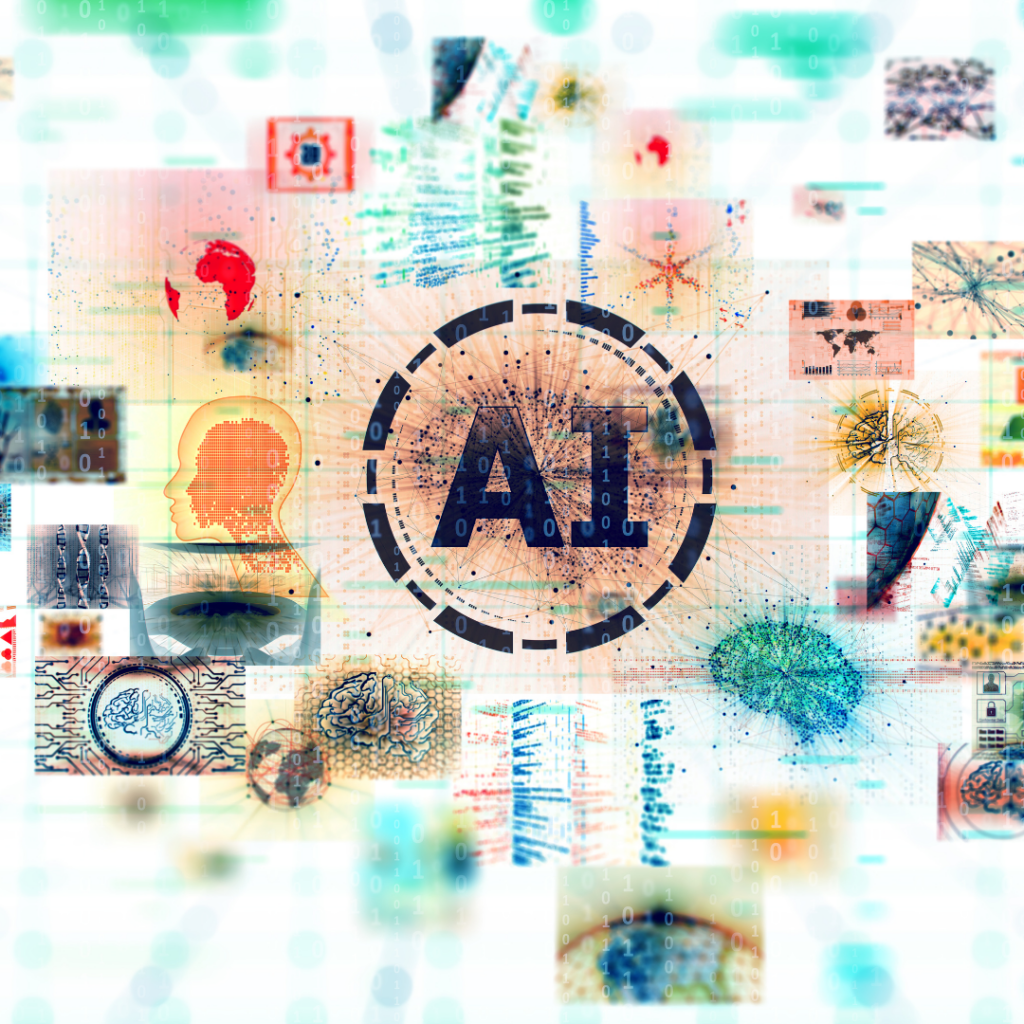
#EBW24 Editorial: Unlocking the Potential of Big Data and AI in Medicine
AI is playing a growing role in enhancing the accuracy and efficiency of diagnosing and treating medical conditions. It focuses on identifying relevant patterns in biomedicine to advance personalised preventive and therapeutic interventions.
Scientists from the ELSI Department (Kaya Akyüz, Mónica Cano Abadía, Melanie Goisauf, Michaela Th. Mayrhofer) at BBMRI-ERIC share why this session is not to be missed.
AI in medicine and new beginnings for biobanking
AI aims to reduce bias, improve performance, and enhance various medical processes. However, it’s essential to recognise that AI is not a one-size-fits-all solution and may not benefit every application. At a time of increasing datafication in life sciences and medicine and emergence of meta-infrastructures such as EHDS, biobanking with decades-long experience has much to offer regarding AI, its development and implementation. Some of the key insights are as follows:
Good governance is an active process
Regulations may provide guidance, but good governance is an active process that comprises more than following regulations. biobanking incorporates knowledge of the “ethics work” that is an integral part of data flows and necessitates thinking critically about potential issues that go beyond individual institutions, such as identifiability risks in a datafied world both in regard to genomic and medical imaging data. Thus, necessary good governance involves more than procedure-following.
Infrastructures are not merely technical
Infrastructures are not merely technical, i.e., buildings, data repositories, but also social – involving practices. Decades of biobanking show that the concerns of citizens cannot be ignored. In the case of AI in health, these not only relate to the general concerns regarding AI. On the contrary, ethical, legal and societal issues necessitate a layered understanding due to increasing complexity bringing new relevance to concepts such as explainability and interpretability, both for the users and the broader society.
Challenges in Data Representation and Categorisation
Not only are data not always perfect due to inherent finite categorisation of potentially infinite diversity, but their capacity to represent should always be continuously problematised. AI may also exacerbate the existing big data issues that are yet to be resolved. While the uses may relate to privacy with unintended access to data from patient implants, sensors and other devices that collect and transfer multiple forms of data, they may also lead to spurious correlations and false positives, tacit assumptions regarding individual behaviour based on limited data, sampling issues due to replacement of traditional ways of data collection as well as resulting in injustices due to resource mismanagement and allocation, especially in case of public health issues.
In anticipation of their presentation Unlocking the Potential of Big Data and AI in Medicine: Insights from Biobanking during the Precision medicine: Artificial intelligence in Precision Medicine panel at #EBW24, read their article here.